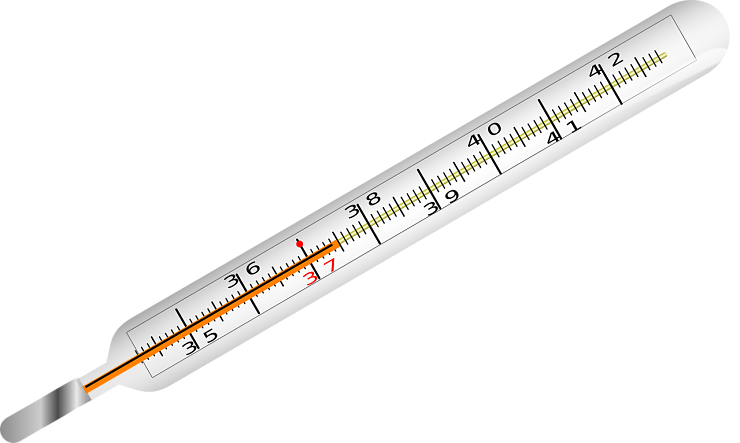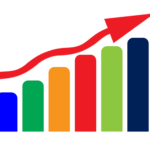Get-out-of-debt advice and sales pitches abound.
But too few get-out-of-debt gurus tell you that you need a diagnosis of your financial ills before prescribing the cure.
Is the stomach ache indigestion or appendicitis?
Is it temporary upset or life threatening?
The answer makes a big difference in how you treat it.
No single prescription for debt
A doctor treating your illness wants to know your age, your medical history, other medical conditions along with your symptoms.
Same sort of questions arise if debt is what ails you.
- Age
- Dependents
- Current income
- Assets
- Debt total
All of those factors interact to shape a treatment plan to reach financial health.
If you are on the cusp of retirement, you don’t have time to tackle big debt by cutting out frills in the budget.
If you are young, single, suitably employed, the prescription may be different.
So don’t take to heart every buckle-down-and-pay scheme you find on the internet.
Too little, too late
Most get-out-of-debt advice is better suited for living economically after you’ve solved the debt problem.
Fewer lattes, more eating at home, less entertainment spending.
That may work to get solvent if you have time, discipline, and modest debt to start with.
But the starting point is comparing your income to your debt, in light of your fixed expenses.
How big is the problem? To bring it down, do you require a pellet gun or a bazooka?
How precarious are things
The final question is how risky is the treatment?
Think of the endless lists of common side effects and serious complications listed with every medicine you take.
When the ailment is debt, the risk is living with no reserves. A recent study found 40% of Americans couldn’t pay for a $400 emergency without borrowing.
Four hundred dollars isn’t much in this economy. Yet a $400 expense would imperil a huge swath of our citizens.
It’s easy to fool yourself into thinking that you aren’t likely to face an emergency. Yet, look at this list of pretty mundane things that require a $500 fix.
None of those are so far fetched that they couldn’t happen to any of us.
So living without a financial safety net in order to pay of big debt is big-time risky.
More
Here’s a further discussion of my diagnostic of your debt alternatives: when to hold and when to fold.






